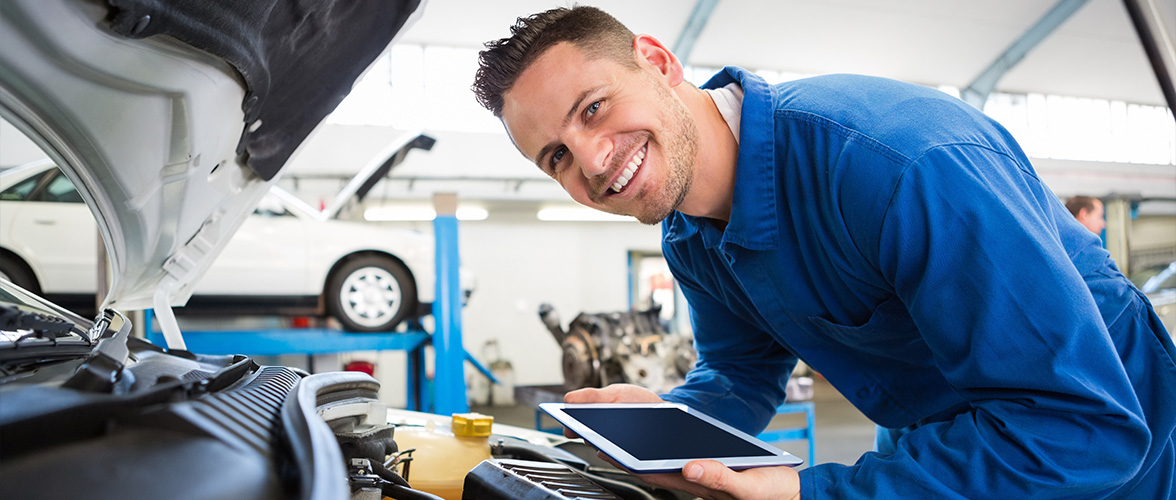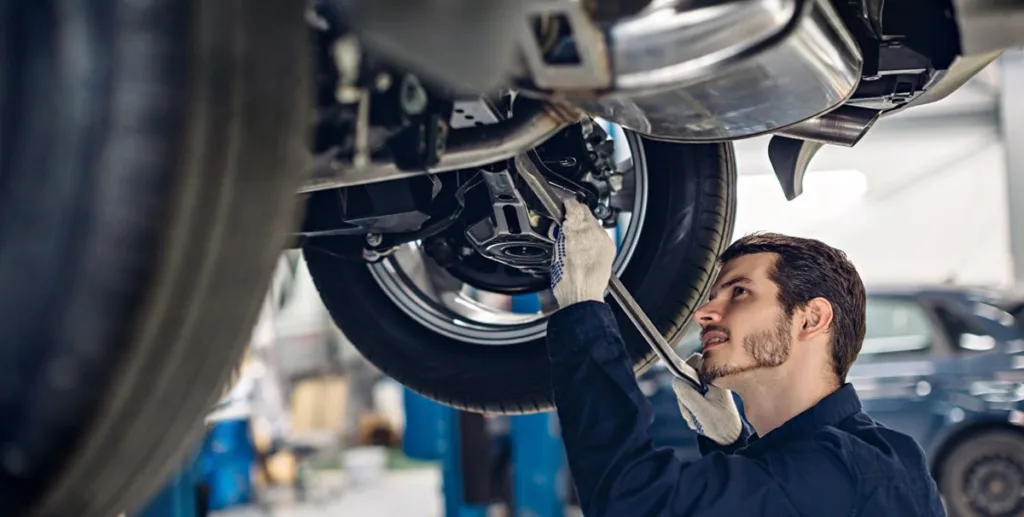All Categories
Featured
Your car counts on different fluids to maintain its elements running efficiently and efficiently. Overlooking these fluids can lead to lowered efficiency, potential safety and security dangers, and expensive fixings. Comprehending the role of each liquid and remaining proactive in maintenance guarantees your auto runs at its best. This post checks out the crucial car liquids and their significance to your cars and truck's health.
![]()
Why It Matters: Without correct lubrication, engine parts can grind against each other, resulting in considerable damages. Maintenance Tips: Inspect your oil level monthly utilizing the dipstick and complete if needed. Change the oil and filter according to your vehicle's service schedule, usually every 3,000 to 7,500 miles depending upon the oil kind and driving conditions. 2. Coolant: Managing Engine Temperature. Coolant, also referred to as antifreeze, aids maintain your engine's temperature level within the optimal array. It avoids overheating throughout heat and freezing during cool conditions.
Why It Matters: Abject or not enough coolant can result in engine getting too hot, which can trigger severe damage. Upkeep Tips: Inspect the coolant reservoir consistently and look for leaks or discoloration. Flush and fill up coolant as suggested, typically every 2 to five years. 3. Brake Liquid: Trustworthy Ending Power. Brake fluid is vital for your automobile's braking system, transferring the force from your foot on the brake pedal to the brakes themselves. In time, brake liquid can absorb dampness, which decreases its performance.
Why It Issues: An endangered stopping system can seriously affect your safety. Maintenance Tips: Evaluate the brake liquid storage tank and guarantee the degree remains within this range. Change the fluid every 2 to 3 years or as needed. 4. Transmission Fluid: Smooth Gear Shifts. Transmission fluid oils the transmission parts and guarantees smooth gear adjustments. It additionally stops overheating by cooling the system.
![]()
Why It Matters: Overlooked transmission liquid can result in tailor slippage, getting too hot, and even complete transmission failure. Upkeep Tips: Display the liquid's degree and condition consistently. Change it according to the supplier's suggestions, usually every 30,000 to 60,000 miles. 5. Power Steering Fluid: Simple And Easy Handling. Power steering fluid aids in specific and smooth guiding. Low or polluted liquid can make guiding harder, putting pressure on the system.
Why It Issues: Poor steering responsiveness can compromise your control over the lorry. Maintenance Tips: On a regular basis inspect the liquid degree and color, and leading it off as needed. Listen to leakages or uncommon guiding sounds. 6. Windscreen Washing Machine Liquid: Clear Presence. While it does not influence efficiency, windshield washer fluid is essential for maintaining exposure, particularly in adverse conditions.
![]()
Why It Matters: A tidy windscreen ensures you can see plainly, minimizing the risk of crashes. Upkeep Tips: Fill up the washing machine fluid tank frequently and utilize a formula fit to your environment to protect against freezing or spotting. Why Regular Fluid Maintenance is Vital. Optimal Efficiency: Proper fluid levels and quality ensure all systems operate smoothly. Safety Guarantee: Brake and power guiding fluids directly affect your capability to regulate the car. Price Financial savings: Preventative upkeep avoids costly repairs by capturing potential issues early. Long life: Fluids in good problem help lengthen the life of critical elements, consisting of the engine and transmission. Quick Tips for Effective Liquid Maintenance. Follow the Guidebook: Describe your car's owner handbook for certain upkeep intervals. Be Alert for Leaks: Pools under your auto can indicate liquid leakages that require instant interest. Use Recommended Products: Adhere to fluids suggested by your lorry manufacturer to prevent compatibility problems. Take Note Of Indication: Dashboard notifies or uncommon performance can signal fluid issues. Final thought. Maintaining your automobile's liquids is one of the simplest means to maintain it running efficiently and securely. Whether it's engine oil, coolant, or brake fluid, each plays a vital role in your auto's overall health and wellness.

- Engine Oil: The Lifeline of Your Engine. Engine oil plays an important function in lubricating the engine's relocating parts, decreasing friction, and protecting against wear and getting too hot. Over time, oil degrades or comes to be polluted with particles, which can compromise its performance.
Why It Matters: Without correct lubrication, engine parts can grind against each other, resulting in considerable damages. Maintenance Tips: Inspect your oil level monthly utilizing the dipstick and complete if needed. Change the oil and filter according to your vehicle's service schedule, usually every 3,000 to 7,500 miles depending upon the oil kind and driving conditions. 2. Coolant: Managing Engine Temperature. Coolant, also referred to as antifreeze, aids maintain your engine's temperature level within the optimal array. It avoids overheating throughout heat and freezing during cool conditions.
Why It Matters: Abject or not enough coolant can result in engine getting too hot, which can trigger severe damage. Upkeep Tips: Inspect the coolant reservoir consistently and look for leaks or discoloration. Flush and fill up coolant as suggested, typically every 2 to five years. 3. Brake Liquid: Trustworthy Ending Power. Brake fluid is vital for your automobile's braking system, transferring the force from your foot on the brake pedal to the brakes themselves. In time, brake liquid can absorb dampness, which decreases its performance.
Why It Issues: An endangered stopping system can seriously affect your safety. Maintenance Tips: Evaluate the brake liquid storage tank and guarantee the degree remains within this range. Change the fluid every 2 to 3 years or as needed. 4. Transmission Fluid: Smooth Gear Shifts. Transmission fluid oils the transmission parts and guarantees smooth gear adjustments. It additionally stops overheating by cooling the system.

Why It Matters: Overlooked transmission liquid can result in tailor slippage, getting too hot, and even complete transmission failure. Upkeep Tips: Display the liquid's degree and condition consistently. Change it according to the supplier's suggestions, usually every 30,000 to 60,000 miles. 5. Power Steering Fluid: Simple And Easy Handling. Power steering fluid aids in specific and smooth guiding. Low or polluted liquid can make guiding harder, putting pressure on the system.
Why It Issues: Poor steering responsiveness can compromise your control over the lorry. Maintenance Tips: On a regular basis inspect the liquid degree and color, and leading it off as needed. Listen to leakages or uncommon guiding sounds. 6. Windscreen Washing Machine Liquid: Clear Presence. While it does not influence efficiency, windshield washer fluid is essential for maintaining exposure, particularly in adverse conditions.

Why It Matters: A tidy windscreen ensures you can see plainly, minimizing the risk of crashes. Upkeep Tips: Fill up the washing machine fluid tank frequently and utilize a formula fit to your environment to protect against freezing or spotting. Why Regular Fluid Maintenance is Vital. Optimal Efficiency: Proper fluid levels and quality ensure all systems operate smoothly. Safety Guarantee: Brake and power guiding fluids directly affect your capability to regulate the car. Price Financial savings: Preventative upkeep avoids costly repairs by capturing potential issues early. Long life: Fluids in good problem help lengthen the life of critical elements, consisting of the engine and transmission. Quick Tips for Effective Liquid Maintenance. Follow the Guidebook: Describe your car's owner handbook for certain upkeep intervals. Be Alert for Leaks: Pools under your auto can indicate liquid leakages that require instant interest. Use Recommended Products: Adhere to fluids suggested by your lorry manufacturer to prevent compatibility problems. Take Note Of Indication: Dashboard notifies or uncommon performance can signal fluid issues. Final thought. Maintaining your automobile's liquids is one of the simplest means to maintain it running efficiently and securely. Whether it's engine oil, coolant, or brake fluid, each plays a vital role in your auto's overall health and wellness.
Latest Posts
Explore Limited-Time Auto Repair Deals in Chicago at Montclare Auto Repair
Published en
1 min read
Explore Special Auto Repair Offers in Chicago at Montclare Auto Repair
Published en
1 min read
Unlock Your Financial Partner at WyHy – High Rewards for Wyoming Residents
Published en
1 min read
More
Latest Posts
Explore Limited-Time Auto Repair Deals in Chicago at Montclare Auto Repair
Published May 26, 25
1 min read
Explore Special Auto Repair Offers in Chicago at Montclare Auto Repair
Published May 25, 25
1 min read
Unlock Your Financial Partner at WyHy – High Rewards for Wyoming Residents
Published May 24, 25
1 min read